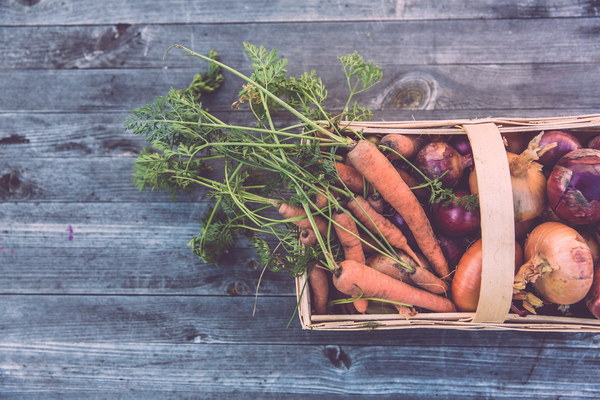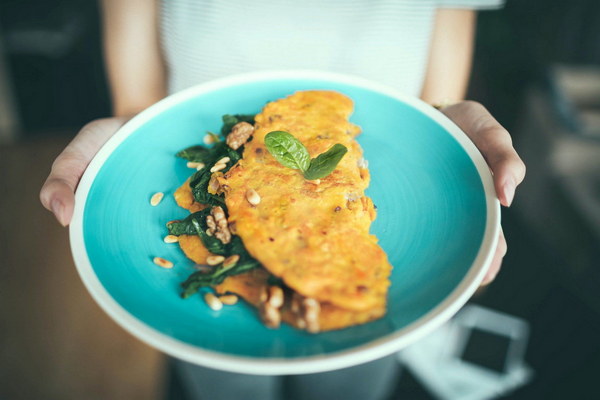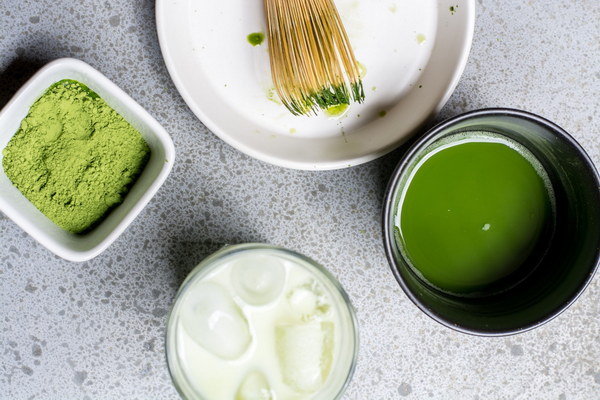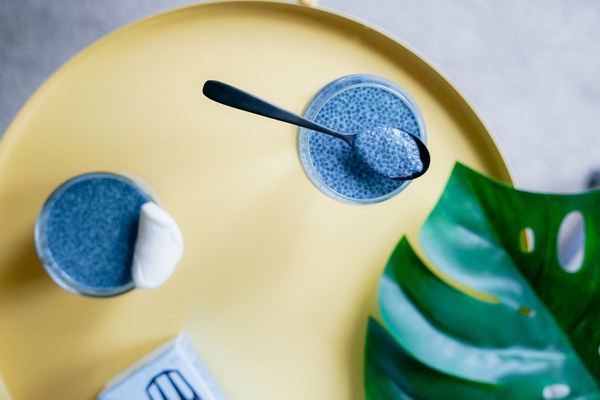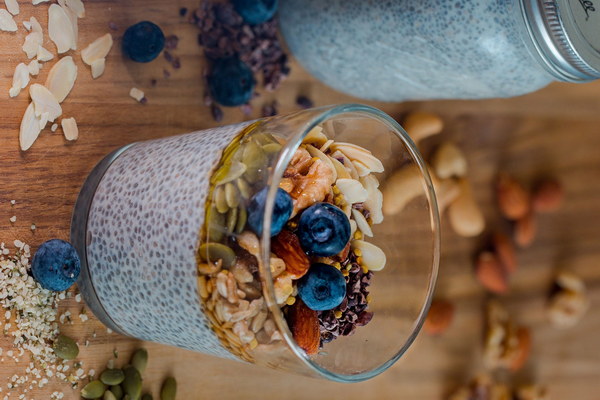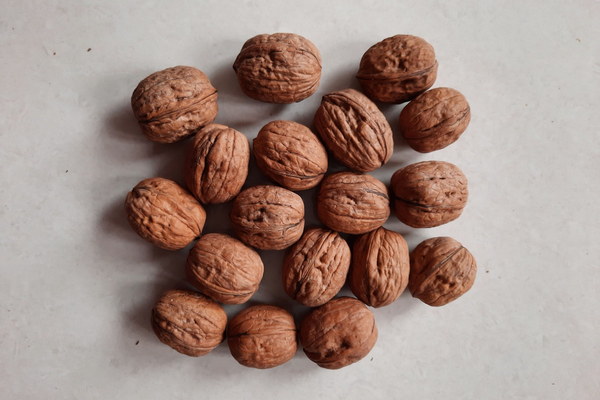How Soon After Childbirth Can You Start Replenishing Your Body
After the joyous event of childbirth, the body of a new mother goes through a period of recovery. It's natural to wonder when you can start replenishing your body with the necessary nutrients and vitamins to aid in the healing process. The answer to this question varies depending on individual health, the type of delivery, and overall well-being. In this article, we'll explore the recommended time frame for postpartum replenishment and the importance of a balanced diet during this critical period.
The first 24 hours after childbirth is a crucial time for the new mother. During this phase, it's essential to rest and recover, as well as to monitor the health of both mother and baby. It's generally advised to wait until the third day postpartum before starting a replenishing diet, but it's important to note that this timeline can vary for each woman.
1. The First Three Days Postpartum
In the first three days after childbirth, the body is in the process of shedding the placenta and uterus lining, which can result in heavy bleeding known as lochia. During this time, it's important to consume foods that are rich in iron, vitamins, and minerals to help combat anemia and support the healing process. Foods such as liver, lean meats, leafy greens, and fortified cereals can provide the necessary nutrients.
Additionally, it's crucial to stay hydrated by drinking plenty of water, herbal teas, or broths. This will help to reduce the risk of constipation, which is common during the postpartum period due to the increased blood volume and the effects of childbirth.
2. The First Week Postpartum
After the initial three-day period, the body begins to produce colostrum, the nutrient-rich first milk that is essential for the newborn's immune system. During this first week, it's still important to focus on a balanced diet that includes a variety of nutrient-dense foods.
Some key nutrients to include in your diet during the first week postpartum are:
- Iron: To combat anemia, consume iron-rich foods like lean red meat, poultry, fish, and beans.
- Calcium: To support bone health and milk production, eat dairy products, leafy greens, and fortified cereals.
- Protein: To aid in tissue repair, incorporate protein-rich foods like eggs, nuts, seeds, and legumes.
- Vitamin C: To enhance iron absorption, consume fruits and vegetables high in vitamin C, such as oranges, strawberries, bell peppers, and spinach.
It's also essential to continue staying hydrated and to listen to your body's needs. If you find yourself struggling to eat or drink, consider small, frequent meals and snacks.
3. The First Month Postpartum
By the end of the first month postpartum, your body should be on its way to recovery. During this time, it's important to maintain a balanced diet that includes a variety of nutrients to support your health and milk production.
Some tips for a healthy postpartum diet include:
- Consuming a variety of fruits and vegetables to get essential vitamins and minerals.
- Including whole grains, lean proteins, and healthy fats in your meals.
- Eating small, frequent meals to prevent overeating and to ensure you're getting the necessary nutrients.

- Continuing to stay hydrated by drinking plenty of water and other fluids.
It's also important to consult with your healthcare provider regarding your specific nutritional needs during the postpartum period. They may recommend additional supplements, such as iron or calcium, based on your individual health and dietary habits.
In conclusion, the timeline for starting a replenishing diet after childbirth varies for each woman, but it's generally recommended to wait until the third day postpartum. By focusing on a balanced diet that includes a variety of nutrient-dense foods, you can support your body's healing process and ensure you have the energy to care for your new baby. Remember to stay hydrated, listen to your body's needs, and consult with your healthcare provider for personalized advice.
